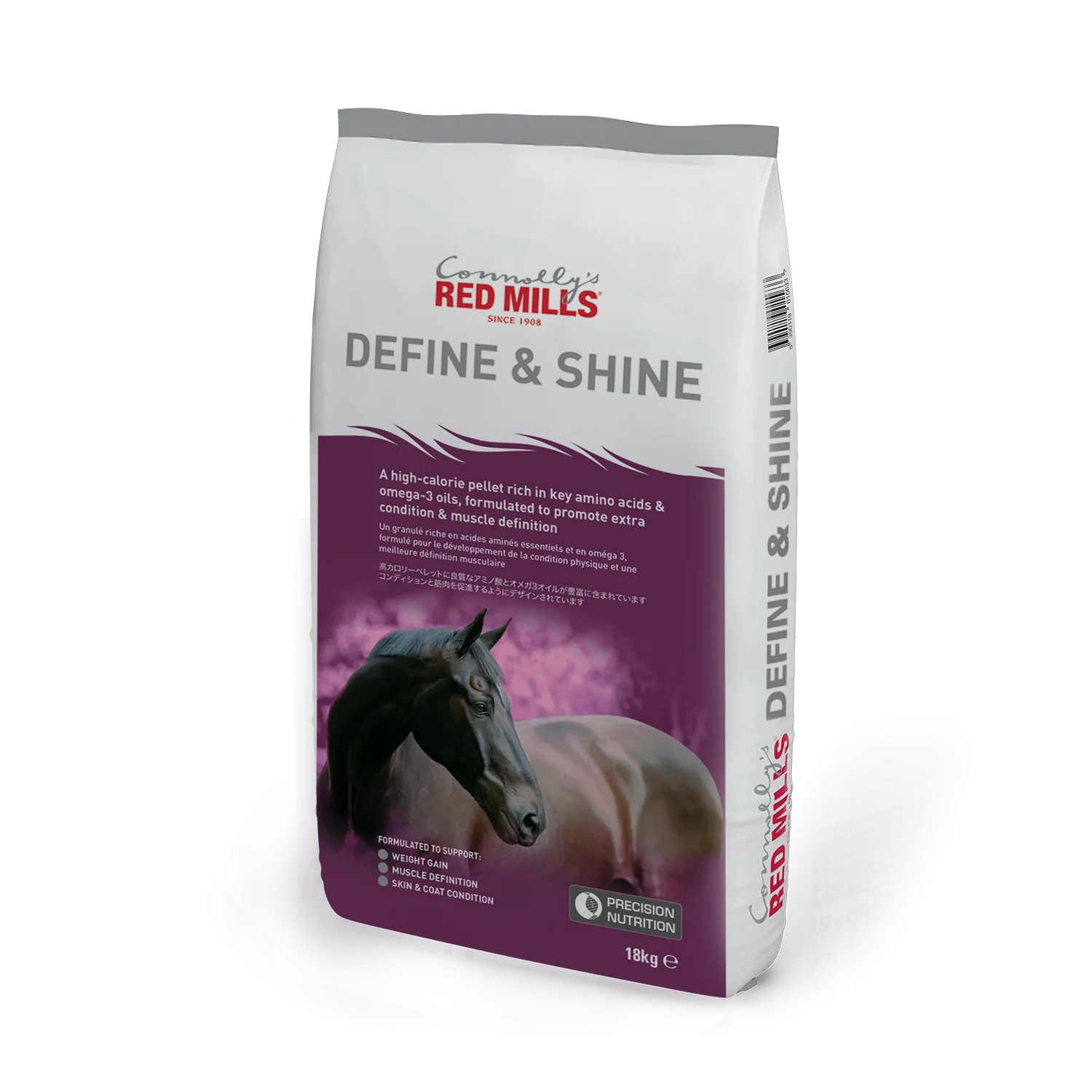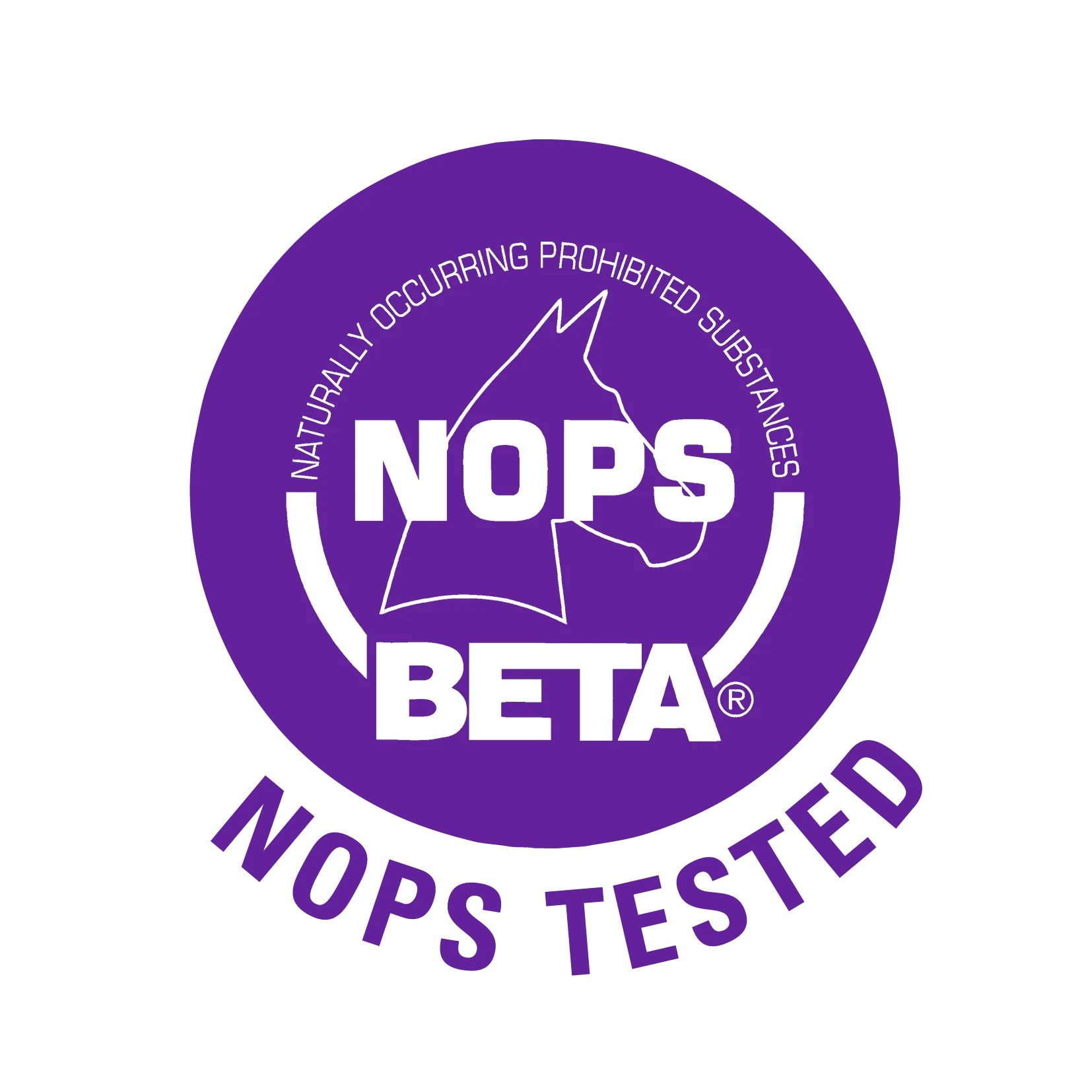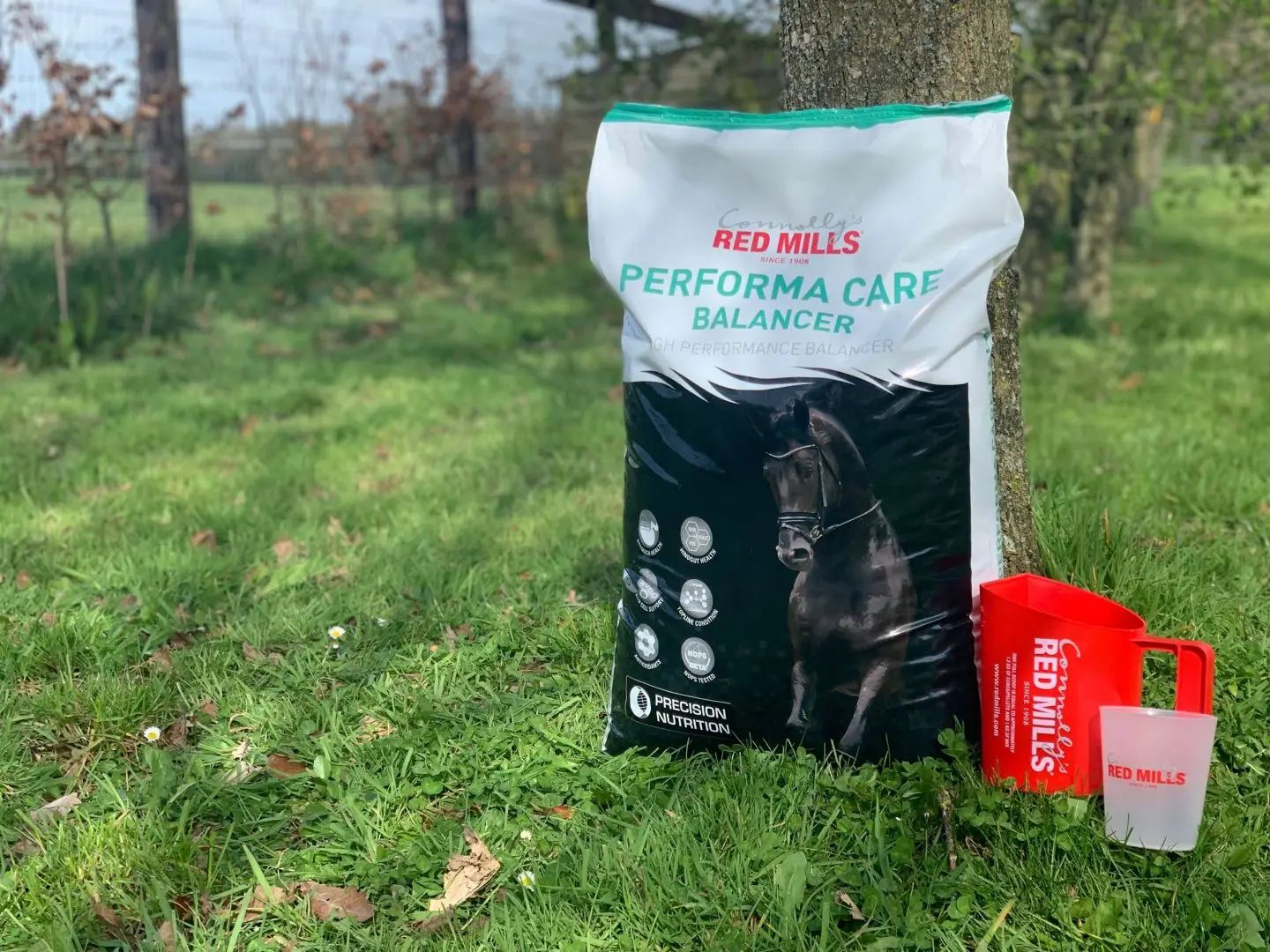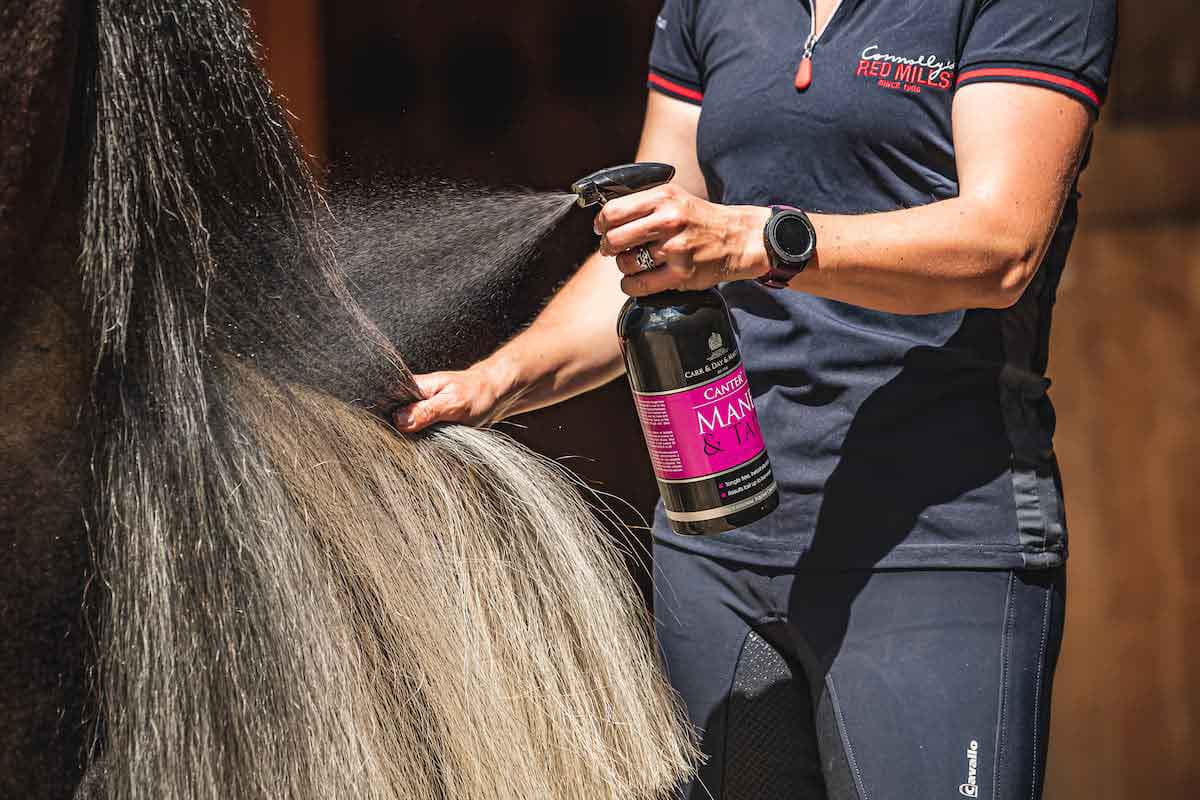Soya products such as soya hulls, soya bean meal and soya oil sometimes, sadly and unjustifiable, get a bad reputation. Generally, there’s no need to avoid feeds that contain soya. Indeed, soya offers many benefits that other ingredients simply cannot.
Soya has become increasingly popular as an alternative protein source for people, especially amongst vegetarians and vegans. Similarly, the protein in soybeans is the best plant-based protein source for horses as it has the best amino acid profile. It is particularly high in lysine, the first limiting essential amino acid, without which all other amino acids cannot be absorbed, and also contains favourable concentrations of other essential amino acids.
Soya oil is a Fat Dense Source of Calories
Soya oil is often included in the diets of horses, as fat is a dense source of calories, providing around 2.5 times more energy or ‘calories’ compared to cereal grains. It also provides a source of fatty acids which help to support skin and coat health.
Soya hulls are the outer husks of the soya bean. They are often described as ‘super fibres’ because they are rich in highly digestible fibre and pectin. Since soya hull contain are low in starch and sugar, including them in a feed is an excellent way of reducing the reliance on cereal starch as a source of energy (calories).
Critics of feeding soya to horses list many reasons to avoid it, dictating concerns over genetic modification, phytoestrogens, sustainability, and inflammation. Let’s look in more detail at these specific concerns.


Does Soya contain Phytoestrogens?
Phytoestrogens are compounds chemically similar to the hormone oestrogen and are found in a variety of plants including soya beans, alfalfa and clover. They can potentially ‘block’ or ‘enhance’ the effects of oestrogen and as a result can have both positive and negative effects.
The level of phytoestrogens in soya oil and soya hulls is so low that it shouldn’t be a cause for concern. Soyabean meal does contain higher levels of phytoestrogens. However, it’s important to bear in mind that soya is generally included as a small proportion of the total diet and thus the amount of phytoestrogens it provides to the horse will be limited. Soya products have been safely fed to horses, including broodmares for decades and there’s no evidence to suggest that the level of soya bean meal typically included in equine feeds may be harmful.
Is Soya Genetically Modified? (GM)
The world market has changed over recent years with key suppliers ceasing to guarantee the availability of non-GM soya bean meal; around 80% of soyabean varieties grown are GM. Some people are of the belief that GM ingredients are unsafe for both human and animal consumption. However, there is no evidence to suggest that GM soya is harmful for us or our equine companions. Indeed, as humans most of the chickens we eat are fed on GM-soya meal and most of our vegan diets are based on GM-soya tofu. This has been the case for decades. Likewise, a very high percentage of horses consume feeds containing soya with no evidence of any ill effects. On the contrary GM ingredients may have positive benefits such as a reduced risk of the presence of mycotoxins.

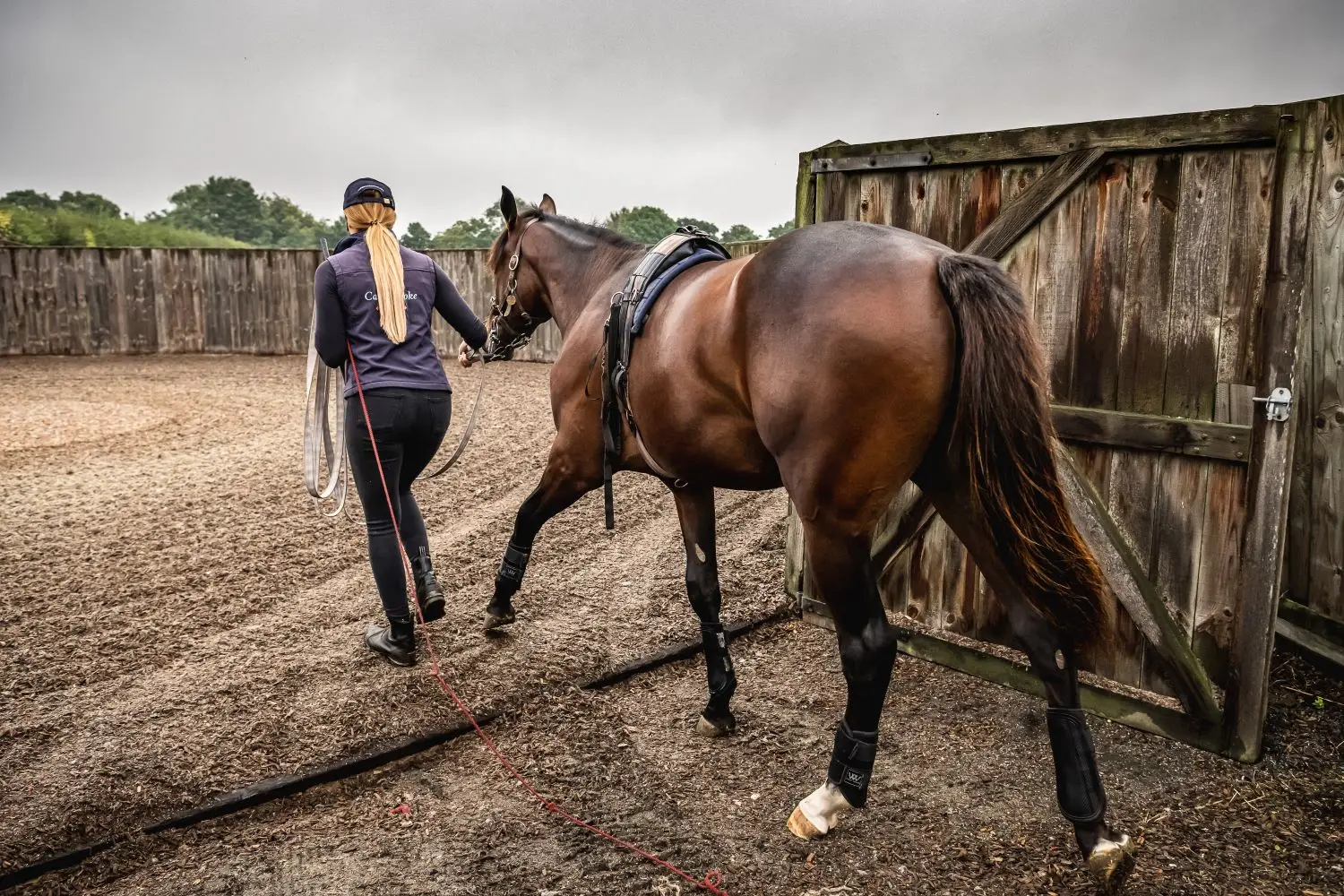
Does Soya increase Inflammation?
This is complex because inflammation is not always a bad thing. There are many causes of inflammation in horses – exercise, transport, social stress, to name a few and others. The reason soya has been suggested to contribute to inflammation, comes down to the omega-6 to omega-3 fatty acids ratio. In general, omega-6 fatty acids are portrayed as inflammatory, while omega-3 fatty acids are considered anti-inflammatory. It’s not that simple, omega-6 fatty acids are also essential for optimal function of the immune system. Indeed, in other species, feeding soya has been shown to improve systemic and intestinal inflammation. In horses, extracts from soya and other plants have actually been shown to decrease inflammation. For horses at grass, the ratio of omega fatty acids in soya is not a concern as fresh grass contains high levels of the omega-3 alpha-linolenic acid (ALA).
For horses predominantly fed conserved forage and a cereal based diet additional omega-3 supplementation may be beneficial, especially if they suffer from a condition associated with chronic inflammation, such as osteoarthritis.
Are Soya allergies Common in Horses?
In fact, true feed allergies in horses are uncommon. Although humans and dogs can be allergic to soya, the majority of horses are not. Food allergies are often diagnosed by serum allergy testing (SAT), but research has shown that SAT commonly yields many false positives for food allergens and is hence not reliable. Similarly, intradermal skin testing (IST) is not suitable for the diagnosis of food allergies. To accurately diagnose a food allergy an elimination diet is recommended – this is when all potential allergens are removed and then gradually introduced one by one.


Can I feed a horse raw Soya Beans?
Raw soybeans should never be fed to horses because they contain a specific protein that blocks the action of trypsin, an enzyme needed for protein absorption. This is why at Red Mills we carefully cook our soyabeans with our advanced cooking technology so that the trypsin inhibitor is denatured and triggers no ill effects on the digestion process. Read more about our advanced cooking technology HERE Our Advanced Cooking Technology | RED MILLS Horse Feeds
Is Soya an Unsustainable Ingredient?
Soya production has more than doubled over the last two decades, and it is the main source of protein in our global food supply. Mass production of soya have been linked to the unsustainable conversion of forests, savannahs and grasslands. When feeding soya, horse owners should buy products from manufacturers committed to importers of soya products that have been certified as responsibly sourced. Red Mills pays a premium for sustainable product, all soya covered under the scheme comes from land that has not been deforested or converted.

Expert View
Overall, research suggests that soy is safe and even beneficial for horses. As mentioned, soya is the best plant-based protein source. It provides the optimal amino acid profile for muscle building, growth and repair for our horses. Given the high percentage of horses that have soy in their diet, if soy were problematic to feed to horses, we would expect to see more evidence of this in research and clinical reports. Sorcha O’Connor – Veterinary Nutritionist
